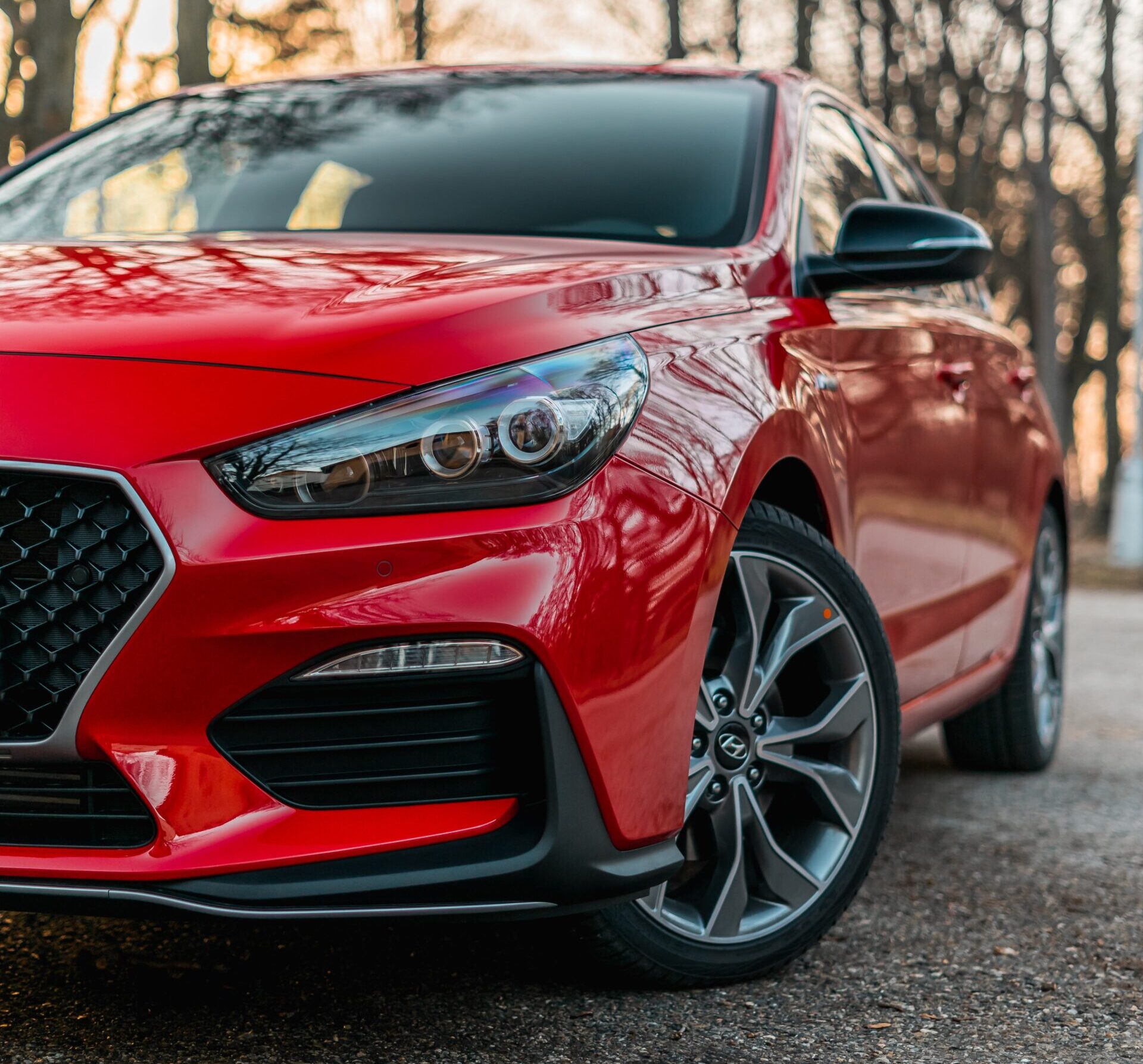Support our educational content for free when you purchase through links on our site. Learn more
[2023] Advantages and Disadvantages of Leasing a Car
Quick Answer: Leasing a car offers lower monthly payments, the ability to drive a newer vehicle, and less responsibility for maintenance and repairs. However, it comes with mileage restrictions, potential fees for excess wear and tear, and no ownership at the end of the lease term.
Table of Contents
- Quick Answer
- Quick Tips and Facts
- Background
- Advantages of Leasing a Car
- Disadvantages of Leasing a Car
- Buying vs. Leasing: A Comparison
- FAQ
- Conclusion
- Recommended Links
- Reference Links
Quick Answer
Leasing a car offers several advantages, including lower monthly payments, the ability to drive a newer vehicle, and less responsibility for maintenance and repairs. However, there are also disadvantages, such as mileage restrictions, potential fees for excess wear and tear, and no ownership at the end of the lease term. Overall, leasing can be a good option for those who prefer lower monthly costs and enjoy driving a new car every few years.
Shopping Links: CHECK PRICE on: Car Leases™, TrueCar, Edmunds, Auto Trader
Quick Tips and Facts
- Leasing a car typically involves lower monthly payments compared to buying.
- Leasing allows you to drive a newer vehicle with the latest features and technology.
- Maintenance and repairs are often covered under the manufacturer’s warranty during the lease term.
- Mileage restrictions and excess wear and tear charges are common in lease agreements.
- Leasing does not provide ownership of the vehicle at the end of the lease term.
Background
Leasing a car has become a popular alternative to buying, offering individuals the opportunity to drive a new vehicle without the long-term commitment of ownership. With leasing, you essentially pay for the use of the vehicle over a fixed period, typically two to four years, and return it at the end of the lease term. While leasing can offer certain advantages, it’s important to consider both the pros and cons before making a decision.
Advantages of Leasing a Car
Leasing a car comes with several advantages that may make it an appealing option for many individuals. Here are some of the key benefits:
Lower Monthly Payments: One of the main advantages of leasing a car is the lower monthly payments compared to buying. Since you’re only paying for the depreciation of the vehicle during the lease term, rather than the full purchase price, the monthly payments are typically more affordable. This can be especially beneficial for those on a tight budget or looking to drive a higher-end vehicle without the hefty price tag.
Ability to Drive a Newer Vehicle: Leasing allows you to drive a new vehicle with the latest features and technology. As lease terms are usually shorter, typically two to four years, you can enjoy the benefits of driving a new car more frequently. This can be particularly appealing for individuals who prefer to have the latest advancements in safety, entertainment, and fuel efficiency.
Less Responsibility for Maintenance and Repairs: When you lease a car, the manufacturer’s warranty often covers maintenance and repairs during the lease term. This means you won’t have to worry about unexpected expenses for major repairs or regular maintenance items like oil changes and tire rotations. It provides peace of mind and can help you budget more effectively.
Flexibility at the End of the Lease Term: At the end of the lease term, you have the flexibility to return the vehicle and lease a new one, purchase the leased vehicle at a predetermined price (known as the residual value), or simply walk away. This flexibility allows you to evaluate your needs and preferences at the end of the lease term without the commitment of long-term ownership.
Shopping Links: CHECK PRICE on: Car Leases™, TrueCar, Edmunds, Auto Trader
Disadvantages of Leasing a Car
While leasing a car can offer several advantages, it’s important to consider the potential drawbacks as well. Here are some of the disadvantages of leasing:
Mileage Restrictions: Most lease agreements come with mileage restrictions, typically ranging from 10,000 to 15,000 miles per year. If you exceed the agreed-upon mileage limit, you may be subject to additional charges for each mile over the limit. This can be a significant drawback for individuals who have long commutes or frequently take road trips.
Fees for Excess Wear and Tear: Lease agreements often include provisions for excess wear and tear charges. If the vehicle shows signs of excessive wear, such as dents, scratches, or interior damage beyond normal wear, you may be responsible for additional fees at the end of the lease term. It’s important to take good care of the leased vehicle to avoid these charges.
No Ownership at the End of the Lease Term: Unlike buying a car, leasing does not provide ownership of the vehicle at the end of the lease term. This means you won’t have any equity in the vehicle and won’t have the option to sell or trade it in for a new one. If ownership is important to you, leasing may not be the best option.
Potential for Higher Insurance Costs: Insurance costs for leased vehicles can be higher compared to owning a car. This is because lease agreements often require higher levels of coverage, such as comprehensive and collision insurance. It’s important to factor in the potential increase in insurance costs when considering leasing.
Shopping Links: CHECK PRICE on: Car Leases™, TrueCar, Edmunds, Auto Trader
Buying vs. Leasing: A Comparison
To help you make an informed decision, let’s compare buying and leasing a car:
| Buying a Car | Leasing a Car |
|---|---|
| Higher monthly payments | Lower monthly payments |
| Ownership at the end of the loan term | No ownership at the end of the lease term |
| No mileage restrictions | Mileage restrictions |
| No excess wear and tear charges | Potential fees for excess wear and tear |
| Ability to sell or trade in the vehicle | No option to sell or trade in the leased vehicle |
| Long-term commitment | Short-term commitment |
| Responsibility for maintenance and repairs | Manufacturer’s warranty coverage |
| Higher upfront costs (down payment, taxes, etc.) | Lower upfront costs |
It’s important to consider your personal preferences, financial situation, and driving habits when deciding between buying and leasing a car. If you value lower monthly payments, driving a new vehicle every few years, and less responsibility for maintenance and repairs, leasing may be a good option for you. On the other hand, if ownership, no mileage restrictions, and the ability to sell or trade in the vehicle are important to you, buying may be the better choice.
FAQ
What is the downside of leasing a vehicle?
The downside of leasing a vehicle includes mileage restrictions, potential fees for excess wear and tear, and no ownership at the end of the lease term. Additionally, leasing may result in higher insurance costs compared to owning a car.
Read more about “The Advantages of Buying a Car …”
What is the main disadvantage of leasing?
The main disadvantage of leasing is that you do not own the vehicle at the end of the lease term. This means you won’t have any equity in the vehicle and won’t have the option to sell or trade it in for a new one.
Read more about “… What is the Value of Leasing a Car?”
What are the pros and cons of leasing a car?
The pros of leasing a car include lower monthly payments, the ability to drive a newer vehicle, and less responsibility for maintenance and repairs. The cons of leasing include mileage restrictions, potential fees for excess wear and tear, and no ownership at the end of the lease term.
Read more about “… Hyundai Elantra Lease Deals: Get the Best Value for Your Money”
What are 3 pros to leasing a vehicle?
Three pros to leasing a vehicle are lower monthly payments, the ability to drive a newer vehicle, and less responsibility for maintenance and repairs.
Read more about “… Is January a Good Time to Lease a Car?”
Conclusion
Leasing a car can be a viable option for individuals who prefer lower monthly costs, enjoy driving a new vehicle every few years, and want to avoid the long-term commitment of ownership. It offers the benefits of lower monthly payments, the ability to drive a newer vehicle, and less responsibility for maintenance and repairs. However, it’s important to consider the potential drawbacks, such as mileage restrictions, fees for excess wear and tear, and no ownership at the end of the lease term.
Ultimately, the decision to lease or buy a car depends on your personal preferences, financial situation, and driving habits. We recommend carefully evaluating your needs and considering the advantages and disadvantages of both options before making a decision.
Recommended Links
- Latest Car Lease Deals
- Car Lease Basics
- Best Lease Terms
- Auto Financing Options
- Is January a Good Time to Lease a Car?



